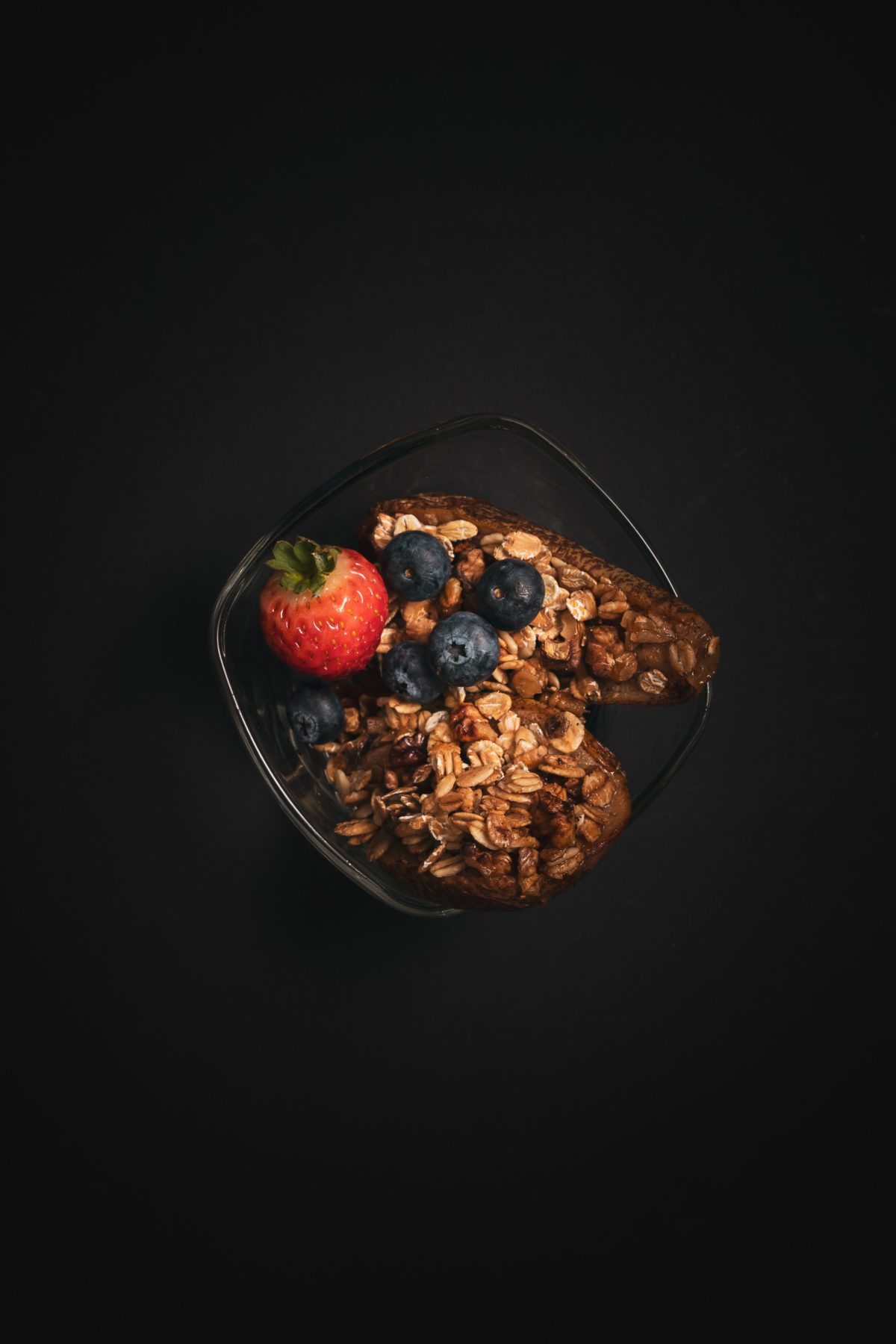What is cholesterol and why does it matter?
Cholesterol is a natural substance found in your body, either produced by your liver or taken in when you consume certain foods. This substance is used by your body to produce different hormones, build cells, and keep cell walls flexible. While cholesterol has important roles and functions within the body, too much build-up of cholesterol can increase your risk of complications such as heart attacks, strokes, and coronary heart disease. If you wish to speak with a cardiologist specialist to learn more about your cholesterol health, call us at Integrative Cardiology Center of Long Island.
Primarily, there are two different types of cholesterol: LDL cholesterol and HDL cholesterol. An abundance of LDL cholesterol, also known as bad cholesterol, can build up within the arteries that direct blood flow to the heart and brain. If left unchecked, the cholesterol will continue to build up and thicken/harden. This may lead to a condition called atherosclerosis, narrowing your arteries and creating many difficulties. Then, if a blood clot reaches one of these arteries, it can cause even more severe conditions such as a stroke or a heart attack.
HDL is known as good cholesterol because it helps move away and clear the cholesterol buildup within your body. By balancing out your LDL and keeping your HDL levels at a healthy amount, you can help moderate the cholesterol within your body.
How can you control your cholesterol?
Because cholesterol is naturally found in your body and is important for many functions different functions, you cannot just cut cholesterol completely out of your dietary intake. However, there are quite a few options to increase HDL, the good cholesterol, and reduce LDL, the bad cholesterol. To discuss the best ways to control your cholesterol and to speak with a cardiologist specialist, reach out to ICCLI. Listed below are a few known methods for helping to control your cholesterol:
- Diet adjustments – Lifestyle adjustments to your diet can create a large improvement in your cholesterol levels and overall heart health. There are many aspects of your diet you can adjust to help moderate your cholesterol, such as the following:
- Saturated fats: Reducing saturated fats decreases your overall cholesterol levels. Saturated fats are primarily found in red meats and full-fat dairy products.
- Trans fats: These fats also raise cholesterol levels and have other negative impacts on your overall health. Often listed as partially hydrogenated vegetable oil in ingredient lists, trans fat is found in margarine and store-bought baked goods.
- Omega-3 fatty acids: While omega-3 fatty acids don’t directly affect your bad cholesterol levels, consuming more of it is linked with many heart health-related benefits. Reducing blood-pressure being one of the primary benefits. These are found in certain fish, nuts, and seeds.
- Soluble fibers: Soluble fibers help your body naturally deal with cholesterol from foods. They reduce the amount of cholesterol absorbed into your blood from your consumption. These fibers are often found in oatmeal, certain fruits like apples, kidney beans, and brussels sprouts.
- Exercising: Exercising 2 ½ hours a week, or 30 minutes a day 5 days a week, has proven to reduce LDL, the bad cholesterol, and increase HDL, the good cholesterol. If moderate physical activity is not something you can sustain, then activities such as walking or riding a bike have also been shown to reduce LDL levels.
- Weight control: If you are just moderately overweight, then losing just a few pounds can make a great deal of improvement on your LDL levels. However, obesity can cause many health complications that compound with cholesterol issues. Just adjusting your diet and staying active, as previously mentioned, will help you start to get on track for any amount of weight loss. This may reduce your LDL levels and may even increase your HDL levels as well.
- Smoking and alcohol: Smoking and excessive alcohol consumption are both known to lead to serious health problems. Some of which are high blood pressure, heart attacks, and strokes. Quitting smoking has also been shown to yield an immediate increase in HDL levels and overall improvement of cholesterol levels. If you drink, drinking in moderation also has shown an increase in HDL and an overall improvement of cholesterol levels.
Visit a cardiologist specialist:
The above options are lifestyle changes you can implement into your day to day life that will help you control your cholesterol. They also have positive effects on your overall cholesterol health, reducing LDL and increasing HDL levels. However, if these don’t provide enough improvement or are less effective in your case, then your cardiologist may prescribe medications for you to help with your cholesterol. If you need to see a cardiologist specialist or need help with your cholesterol help, contact us at Integrative Cardiology Center of Long Island and see how we can help you today.


